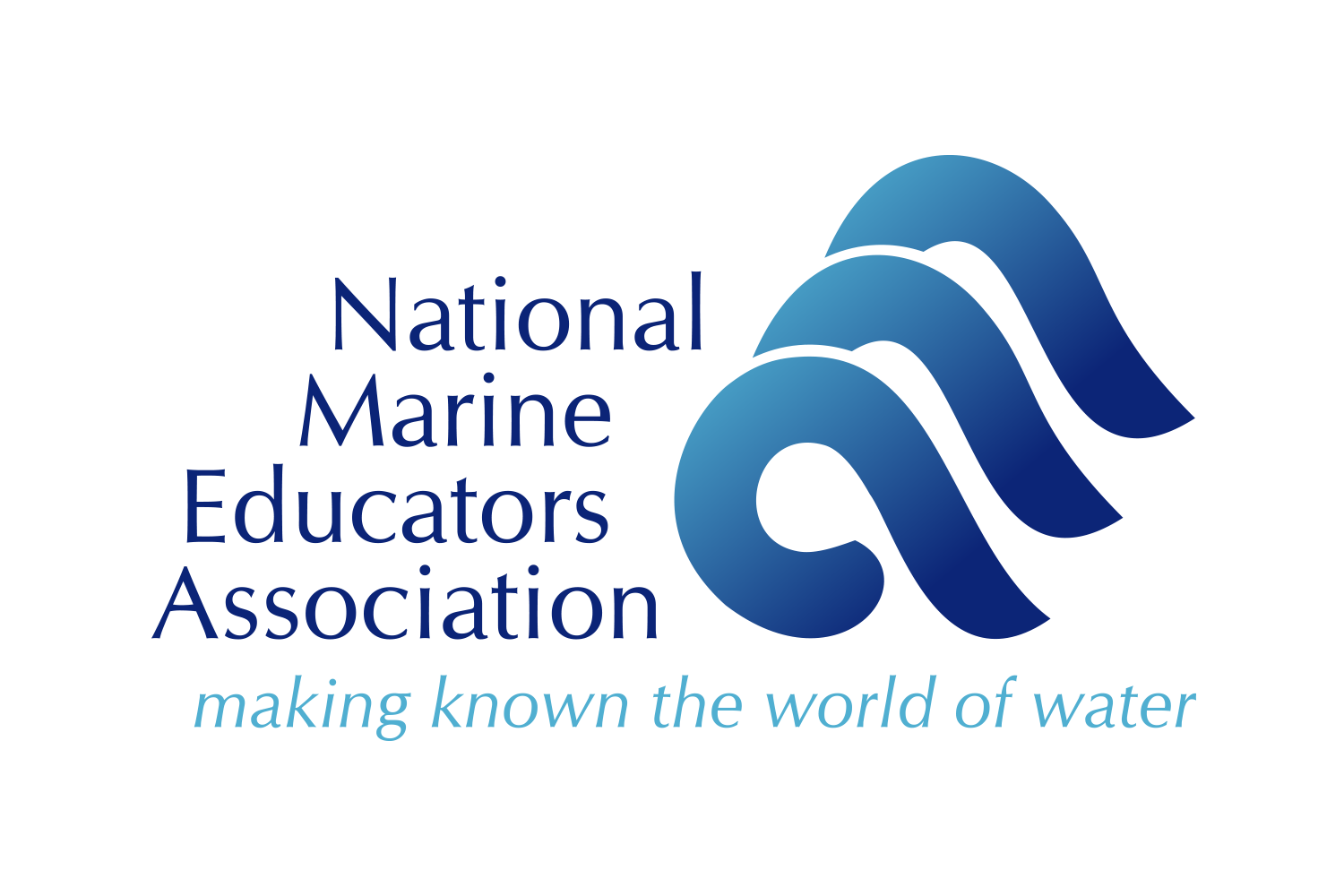Traditional Knowledge Updates—Spring 2020
Through decades of work by individuals and organizations, traditional knowledge (TK) is gaining ground and being acknowledged by educators, scientists and others in and out of NMEA. Below are a few recent highlights.
Ka‘imi Hermosura
Ka‘imi Hermosura of Kaua‘i was selected from a list of eight excellent candidates to receive the Traditional Knowledge Scholarship to attend the 2020 NMEA conference in Honolulu (which has been postponed to July 2021 due to COVID-19). Ka‘imi belongs to a group of practitioners in the Halelea and Napali Moku who are building traditional Hawaiian voyaging canoes and reaching out to the community to encourage youth to be involved in these practices. Ka‘imi has helped construct Nāmāhoe, Kauaʻi’s voyaging canoe and the largest in existence. He participated in celestial navigation and voyaged in various parts of the world aboard the Hōkūleʻa, a traditional, double-hulled voyaging canoe, as well on the Hikianalia, Makali‘i, and Nāmāhoe. These experiences led to him to set a personal goal to start a school of Hawaiian celestial navigation, the first of its kind in the world. He is currently involved in restoring a wa‘a kaulua (double-hulled) canoe for the Hanalei River Heritage Foundation for its outreach programs. At the NMEA conference, Ka‘imi will be sharing traditional Hawaiian protocol with participants as well as different traditional ecological knowledge.
Aissa Yazzie
Aissa Yazzie, the runner-up for the Traditional Knowledge Scholarship, will be attending the NMEA conference through funding from the University of Southern California (USC) Sea Grant program. A Diné woman of the Oto tribe, Aissa was born and raised on a Navajo Reservation, where her family herded sheep, weaved, rough-broke horses and participated in traditional ceremonies and connection to the earth. Aissa believes she was put on this earth to protect what the Navajo people hold sacred—water. While an undergraduate student, she focused on Western scientific research in marine environments. In doing so, she had to leave her Indigenousness at the door. Over the last five years, she has developed a Diné research methodology based on an Indigenous research paradigm that centers on Indigenous worldviews, knowledge and realities. As a Native Environmental Science faculty member at Northwest Indian College, this methodology goes beyond conducting scientific research to application in many aspects of her life, including her course curriculum.
Kamealoha Hanohano Smith
Kamealoha Hanohano Smith, the 2013 Traditional Knowledge Scholarship recipient, was an invited presenter at the Rights of Nature session of the New Directions in Environmental Law Conference at Yale University, held Feb. 7-8, in New Haven, Connecticut. Kamealoha expressed by phone the positive impact that the rights of nature law could have on restoration of fishing grounds and agriculture practices for Native Hawaiians. “Spiritual and cultural practices in the context of fishing and agriculture are not currently recognized by Western laws and scientists,” he noted.
Pieter Romer
Pieter Romer, the Indigenous community liaison at Ocean Networks Canada and a Nisga’a from Northern British Columbia, presented on Indigenous engagement and meaningful partnerships at a town hall at the AGU Conference in San Francisco as well as to the Ocean Networks Canada board. “The presentations and the OceanObs’19 Indigenous declaration Aha Honua were received well; people have been coming up to me agreeing there needs to be lots of improvement in the scientific communities when engaging and building true partnerships with Indigenous communities.” You can learn more about OceanObs’19 and the impact of the Indigenous declaration in the latest issue of Ocean Networks Canada’s newsletter. The article links to a must-see video, filmed by Romer, which can be found below.
Nainoa Thompson delivers the keynote session at the 2020 Ocean Sciences Meeting
Nainoa Thompson, the first Native Hawaiian in 600 years to practice the ancient art of long-distance open-ocean voyaging on a traditional double-hulled canoe without the aid of modern navigation instruments, was the opening plenary speaker at the 2020 Ocean Sciences meeting in San Diego. His work led to a renewed understanding and revival of traditional voyaging arts lost for centuries due to the disappearance of such travel methods in Hawai‘i and the colonization and Westernization of Polynesian archipelagoes. The president of the Polynesian Voyaging Society (PVS), a non-profit research and educational organization, Nainoa recently completed a four-year voyage around the world on the Hōkūleʻa. Through these travels, Nainoa and his crew engaged with thousands of people, including world leaders to highlight the importance of ocean resources, cultural legacies and protection of these critical places in the future. The plenary is available on YouTube, and is posted below.
Cecilio Raikiulipiy
Cecilio Raikiulipiy, who was the 2017 TK scholarship recipient, along with Pieter Romer (see above) is now a member of International Pacific Marine Educators Network (IPMEN) committee planning the 2021 IPMEN conference (rescheduled from 2020 due to COVID-19). Cecilio is a master traditional navigator who is related to and trained by Pius “Mau” Pialug, from Satawal (Micronesia) where the art of traditional navigation has been continuously practiced and was never lost. Mau was the navigator who taught Nainoa and helped revive traditional navigation in Hawai‘i. As a tribute, Hawai‘i built a traditional canoe for Mau. To learn more, see the video on Traditional Navigation and Seamanship, also featured below.
Pacific Community’s Women in Fisheries Information Bulletin has just been released in time for International Women’s Day (March 8, 2020). Of particular interest to the TK community is the article “Bridging fishers’ and Western scientific knowledges to farm sea cucumbers in a community setting in Palau” by Caroline Ferguson, Ann Singeo and Alex Ferrier-Loh. To read this and other beautifully illustrated articles of interest, go to https://coastfish.spc.int/en/publications/bulletins/women-in-fisheries/510.
To learn more about traditional knowledge, join the NMEA Traditional Knowledge Committee.






